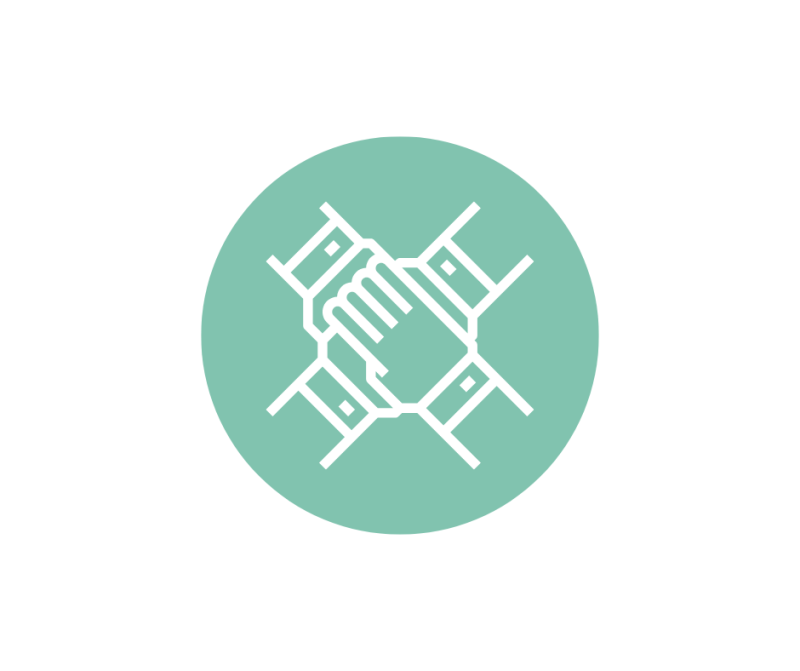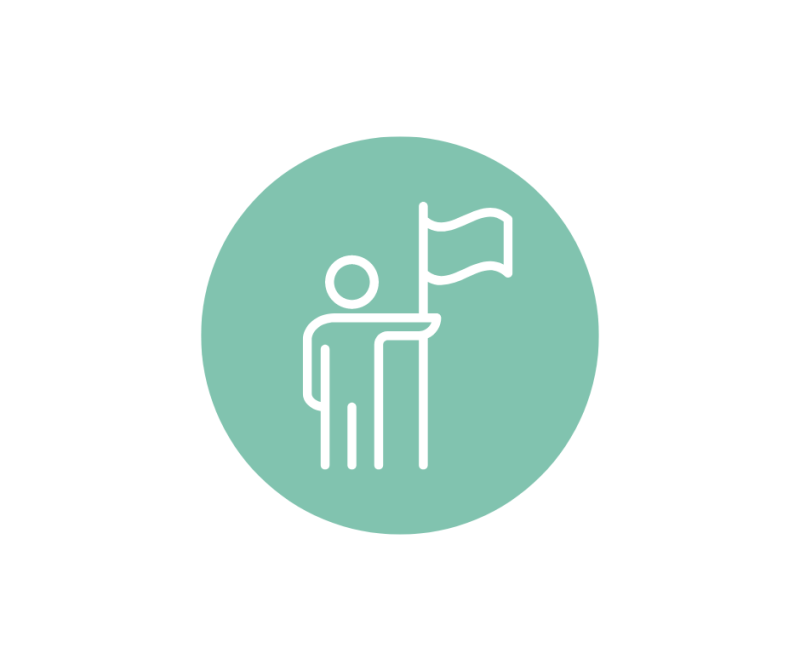Foundations and Self-Awareness of Social Development
Preparing to support teamwork, responsibility, and leadership skills.
In this section, we lay the foundations and self-awareness of our own social development and knowledge. The purpose is to enhance our practices as staff who support young people to develop teamwork, responsibility, and leadership.
Teamwork is defined as the ability “to collaborate and coordinate action with others”, and responsibility refers to “having the dispositions and abilities to reliably meet commitments and fulfil obligations of challenging roles.”
This module will support you to:
-
Deepen your understanding of the framework for SEL;
-
Understand a foundation for thinking about Social Development;
-
Understand the concepts of social identity and intersectionality;
-
Explore how identity and intersectionality applies to you as an individual and as a youth worker/staff;
-
Identify individual communication and personality styles and your impact in a team setting;
-
Utilise skills to understand how personal communication styles and identities influence relationships and group dynamics; and
-
Assess your readiness for implementing teamwork facilitation and cultivating responsibility/leadership with young people.
Resources
A series of resources to enhance your practice as staff who support young people to develop teamwork, responsibility, and leadership.
In this workbook, you will find the following activities:
-
Fast-Pen Exercise
Thinking about who you are to yourself and to others in the world, complete the sentence on the worksheet. Try to use as many descriptors as possible—no need to censor yourself!
-
Who Am I? Social and Personal Identities
This worksheet provides another, deeper opportunity to reflect on our personal identities. A resource page is also included, as well as a blank page for wordless creative expression. NB. This activity is not going to be shared with anyone and is just for you. It is also not intended to “box” anyone in—it is meant simply as a reflection about who you are in this moment in time.
- Who Am I?
Alongside the activity above, use this space to show who you are without the use of any words, labels, or categories.
-
Reflection Questions
Three questions to help you to reflect on and capture key take-aways from this section.
-
Taking it Back
Think about: How does your awareness of your “self” play a part in how you will work with young people or lead others who work with young people? What type of interventions need to occur either with yourself or in the spaces and places you work to make sure that awareness of identity is influencing decisions? Finally, list one or two ideas that will help you take back the foundations and self-awareness concepts to your work with young people.
See moreWatch this video to complete the training pre-task. The Personality Compass is a tool created by two former educators from Penn State, Diane Turner and Thelma Greco.
See moreFurther Reading
A selection of articles, books and websites offering additional resources designed to deepen your understanding.


